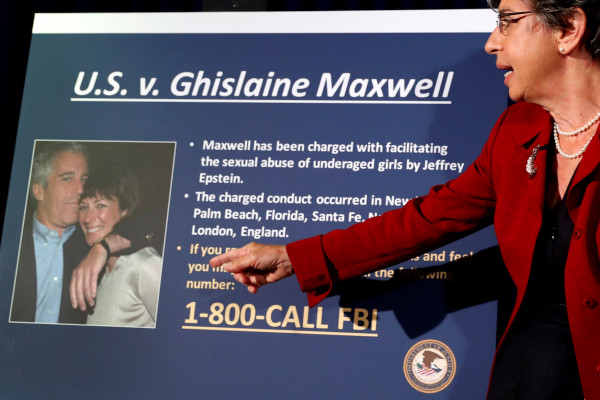Epstein's End: A Cloak of Doubt Over Justice Department's Inquiry, Fueling Controversy

The findings of the investigation led by Justice Department Inspector General Michael Horowitz into Jeffrey Epstein’s 2019 death in a federal prison cell are drawing sharp criticism. Detractors argue the report presents a whitewashed version of events, deflecting allegations of murder towards a narrative of negligence on the part of Epstein's prison overseers.
The central contention of critics is that the inquiry skims over significant forensic data and a plethora of motives hinting towards foul play. "It’s a whitewash,” stated an anonymous high-profile criminal defense attorney. "The sheer quantity of coincidences that transpired on the night Epstein died is beyond explanation by simple misconduct, however severe the guards’ and supervisor’s behavior might have been preceding his demise.”
Speculations run high that more sinister occurrences took place inside Epstein's prison cell. Critics argue that Epstein was privy to damaging information about influential individuals, making the possibility of foul play more plausible.
Despite this, Horowitz has adamantly upheld the official verdict of Epstein's death as a suicide. This comes even in the face of evidence brought forward by a leading autopsy expert suggesting that Epstein, 66 at the time, was a victim of homicide.
According to Horowitz's report, the result of a lengthy investigation, a combination of oversight, mismanagement, and unethical behavior set the stage for Epstein to take his own life nearly four years ago in a Manhattan prison cell while awaiting trial for sex crimes.
The report emphasizes various institutional failures leading up to Epstein's death. It states the surveillance camera monitoring Epstein's cell was inexplicably switched off, prison guards neglected their duty of checking on him every half an hour and failed to provide a cellmate as mandated by protocol. Furthermore, Epstein's cell was found to contain "an excessive amount of bed linens," allegedly used by Epstein for his suicide.
Horowitz attributes the tragic blunders to chronic understaffing and overworked personnel. He maintains that his investigation did not reveal evidence suggesting Epstein's death was a murder.
However, Epstein's brother, Mark, contests Horowitz's findings, accusing the Inspector General of overlooking signs indicating a homicide. “What most likely happened is that those marks are probably because he got either punched or a karate chop into the neck by whoever killed him,” he explains.
Dr. Michael Baden, an independent forensic pathologist present during Epstein's autopsy, concurs, stating that the IG's report inadequately addresses three broken bones in Epstein's neck.
Many insiders argue that the IG's report barely touches on motives to murder Epstein, who was rumored to possess incriminating material against some of the world's wealthiest and most influential figures. "The mystery will only live on as the years pass,” the criminal defense attorney predicts, drawing parallels to JFK's assassination.














